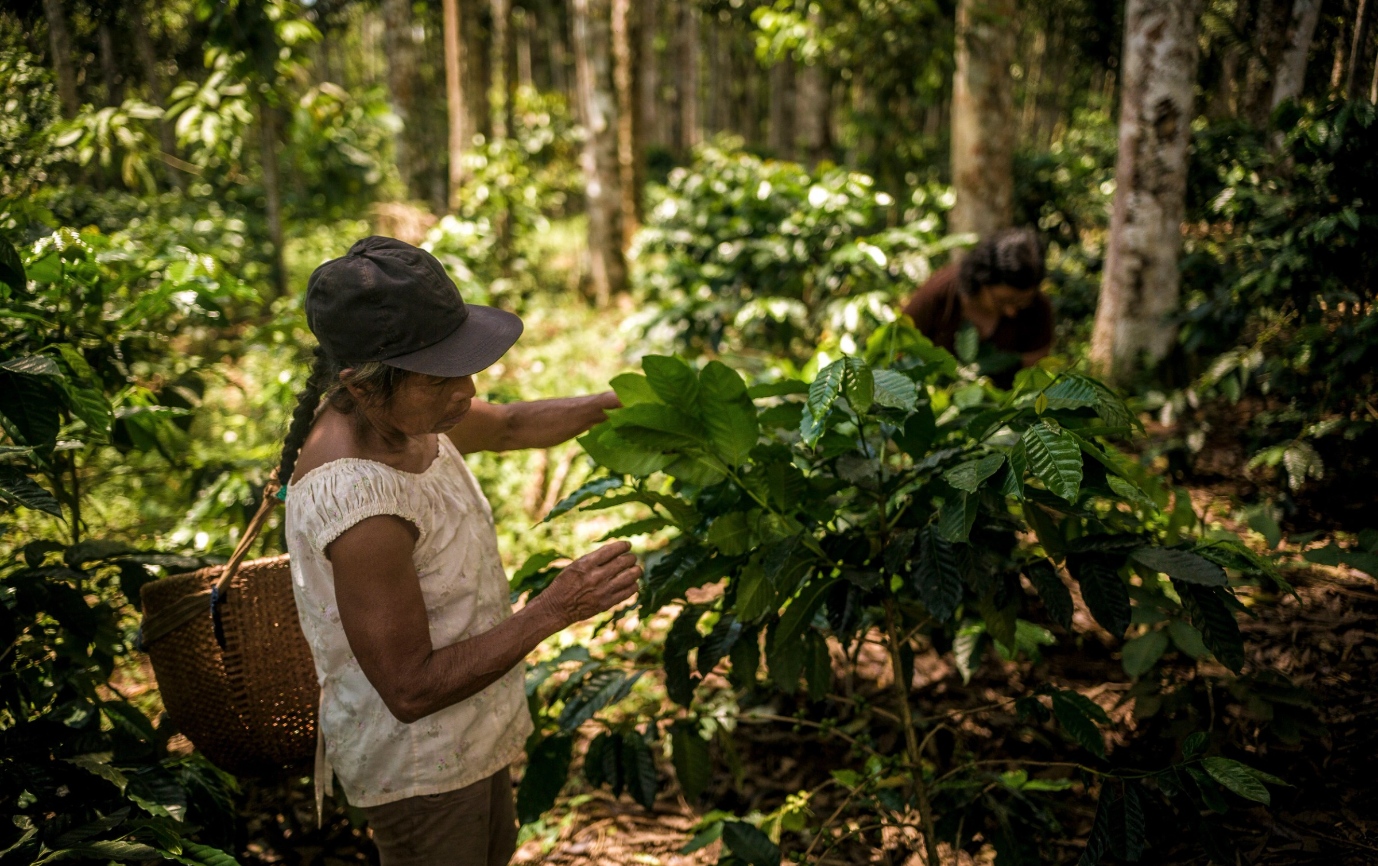
Guest author: Jennifer Baumwoll, Global Climate Change Advisor, UNDP Climate Strategies and Policy
With catastrophic floods in Bangladesh and Canada, historic droughts in Western Europe and the Horn of Africa, and wildfires raging around the world, we enter the COP 27 Climate Change Conference face-to-face with the global climate crisis. Decision-makers, thought leaders, negotiators, and business executives gathered in Sharm-el Sheikh need now, more than ever, to step up and put the health of the planet and the wellbeing of future generations above lobbyists’ interests and a short-term bottom-line. The climate and nature crises are not inevitable. We know how to make our planet cleaner, more sustainable, and more equitable, and the global response must ensure that the protection and restoration of nature is at the core.
In fact, the national climate pledges that countries have put forward under the Paris Agreement, known as Nationally Determined Contributions (NDCs), set out a series of country-specific priorities and aims towards reaching the shared global goals to address climate change. The forest and land use sector is critical to this response because it can provide up to one third of the emissions reductions needed to avoid the most severe impacts of climate change – approximately 3.3 Gt CO2/year of cost-effective mitigation potential in the tropics alone – representing the most significant opportunity to increase the ambition of NDCs in many tropical countries. 90% of new or updated NDCs include Land Use, Land-use Change and Forestry (LULUCF), compared to just 76% in the first NDCs, recognizing the essential role of the sector toward meeting their targets under the Paris Agreement.
In order to facilitate high ambition and prompt action on forest-based solutions to the climate emergency, UNDP’s Climate & Forests Programme and UNDP’s Climate Promise have been working together through the UN-REDD Programme and the Forest Declaration Platform, both at the country and global levels. Through this work we are finding both hope and inspiration.
UNDP’s Climate Promise is the world’s largest offer of support to countries to design and deliver on NDCs - covering 80% of developing countries globally. Each country’s climate pledge offers a unique blueprint not only for immediate climate action but for the sustainable development pathway the country plans to take. However, many NDCs still require a specific delivery plan to realize their targets or goals. In response, UNDP, through the Climate Promise, is scaling up its support for countries to turn their NDC targets into concrete action – while continuing to push for greater ambition.
Focusing in on the forest sector, best practice established through the UN-REDD Programme is being applied to scale up support to countries on the Forests, Land and Nature (FLN) work area under the Climate Promise. This work builds on over a decade of support to forested developing countries to integrate policies and measures to reduce emissions from forest degradation and deforestation into their national development plans and climate commitments. This work also follows up from COP26, where the Glasgow Leaders’ Declaration on Forests and Land Use was endorsed by over 140 countries, reaffirming the need for swift action and strengthening the political commitment to end global deforestation by 2030. According to the 2022 Forest Declaration Assessment, a 10 percent annual reduction is needed to be on course to halt deforestation completely by 2030. However, deforestation rates around the world declined only modestly, in 2021, by 6.3 percent compared to the 2018-20 baseline. In the humid tropics, loss of irreplaceable primary forest decreased by only 3.1 percent.
UNDP is currently supporting more than 13 countries to advance NDC ambition and implementation in the forests and land use sector. These countries include Cambodia, Chile, Colombia, Cote d’Ivoire, Democratic Republic of the Congo, Dominica, Ecuador, Ghana, Kenya, Liberia, Papua New Guinea, Peru, Republic of Congo, and Viet Nam, with the support of Norway, through the UN-REDD Programme, and the United Kingdom Department for Environment, Food and Rural Affairs (DEFRA), through the Climate Promise. This support specifically includes strengthening the participation of Indigenous Peoples’ and Local Communities, with a strong focus on ensuring that they are empowered through necessary capacity and resources to contribute to NDC implementation.
As a result, Cambodia revised its NDC to include an ambitious quantitative Forestry and Land Use sector target - to halve the deforestation rate by 2030 - thus addressing the country's largest source of emissions, in line with its national REDD+ strategy. Côte d'Ivoire revised its NDC to include additional policy measures in the Forestry & Land Use sector, effectively doubling overall mitigation in the 2030 horizon with respect to the 2012 baseline. In the case of Kenya, technical assistance has been provided to the Ministry of Environment and Forestry and government stakeholders on international compliance and voluntary carbon markets, including potential implications and options for the forest sector. Similar work was undertaken in Libera and Uganda. In Colombia, technical assistance supported the continuing operation of the national participatory platform, the REDD+ Roundtable, and dialogues with the National Indigenous Environmental Commission on NDC targets.
These efforts offer signs of hope and a model for countries to replicate. As asserted in the 2022 Forest Declaration Assessment, investment in forests will need to dramatically increase – by up to 200 times – to meet 2030 goals. As countries gather at COP27 in Sharm El-Sheikh, the need to share these signs of hope and build momentum is more critical than ever. We are seeing progress, and countries are taking bold steps to leverage opportunities presented by the forest and land use sector to move towards our collective climate goals. Now is the time to rapidly scale up this work and provide countries with what they need to act.


